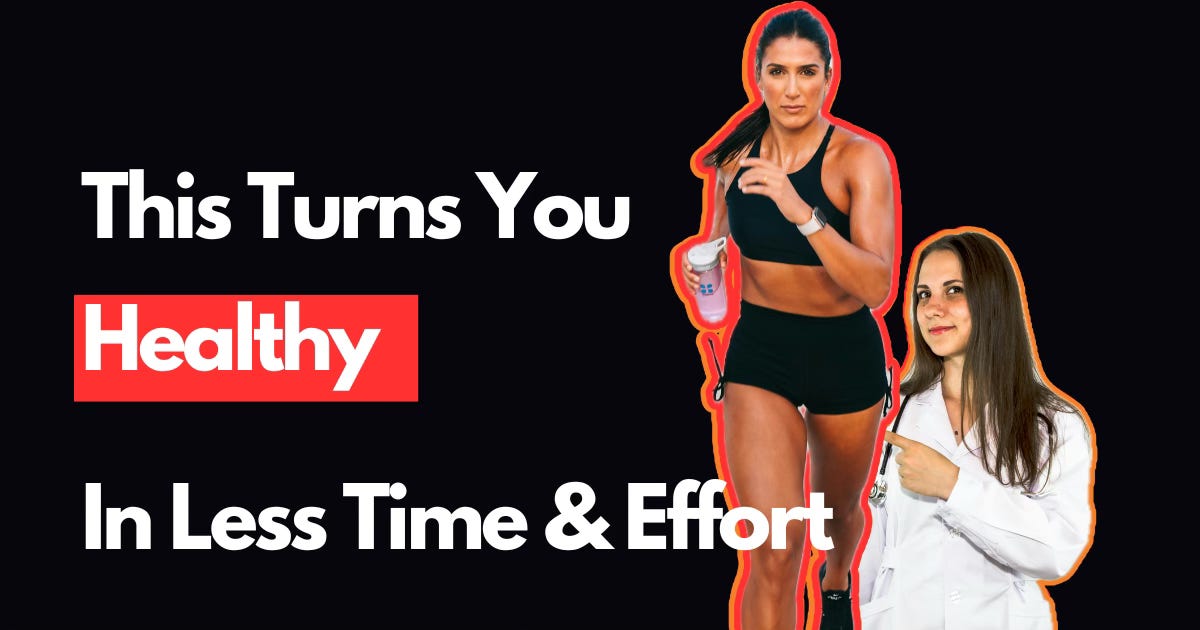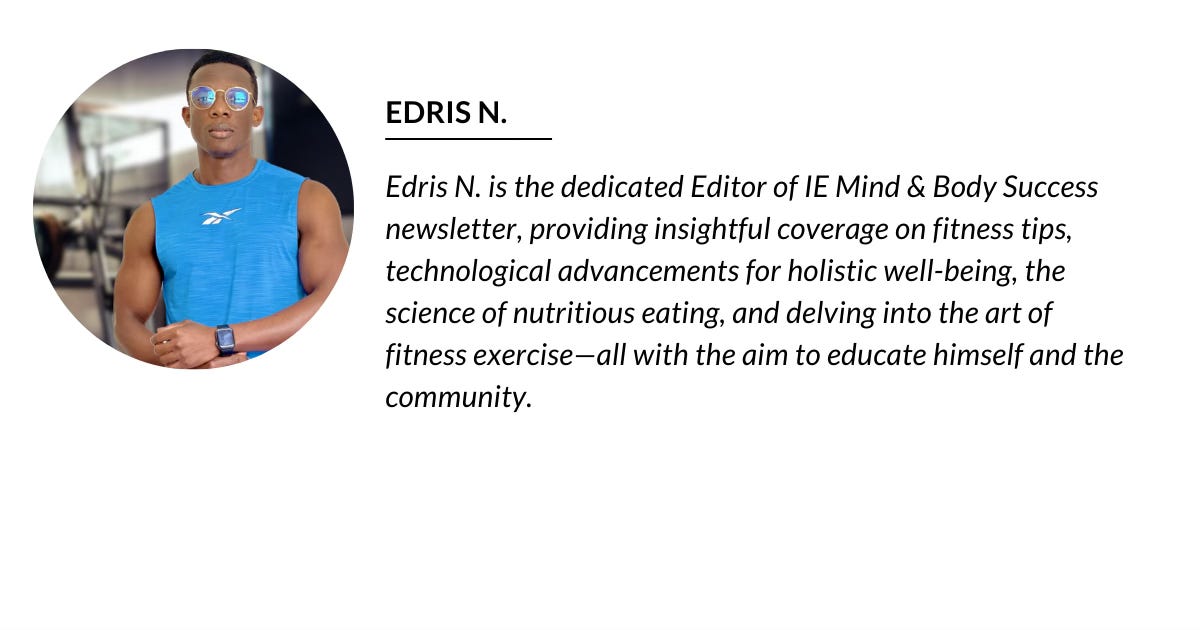How Fit People Think: Do This to Save Time
Ever wondered what runs through the minds of those perfectly fit men and women
Hey friend,
The secret, It’s not just discipline. It’s not just diet.
There’s a mindset — and a set of small decisions — that most people never see.
🧠 What Consistently Fit People Know That Others Don’t
I’ve spent time with people across every level of fitness — from total beginners to those who live and breathe the athlete lifestyle.
They all face different challenges, but there’s one big thing that separates the successful from the stuck:
The ability to connect exercise to how they want to feel.
For the fit ones, being active isn’t a chore. It’s a tool for well-being.
And yes — they have bad days too.
They:
Get cravings
Overeat
Stay up too late
Skip workouts
Scroll endlessly on social media
Feel lazy, just like everyone else
But the difference?
They keep choosing resistance over comfort.
They understand this is the real game.
🎢 Why Others Stay Stuck
If you’ve ever felt like fitness is a rollercoaster — starting strong, crashing hard, trying again — you’re not alone.
This start-stop loop can be mentally exhausting.
But after being in the game for so long and sticking to a disciplined routine myself, here’s what I’ve found:
It’s not about one big thing. It’s how you blend daily habits into your life.
💡 The Habits of Fit People
Consistently fit people don’t rely on motivation. They rely on habits.
Whether they feel like it or not, their identity is built around health, so their actions follow.
Some examples:
They schedule workouts like meetings
They focus on small wins, not perfection
They recover as hard as they train
They know when to push and when to pause
They eat for fuel, not just pleasure
They don’t label foods as “good” or “bad” — just useful or not useful
🧱 The Science of Habit
All habits follow the same structure:
Cue → Routine → Reward
Wake up tired → scroll phone → get dopamine
Feel stressed → snack mindlessly → get comfort
Walk past gym clothes → start workout → feel strong
Your brain doesn’t care if a habit is good or bad — it just makes the action easier over time. This process is called habituation.
✅ How Good Habits Build Real Wellness
Bad habits (like late-night eating or smoking) wear you down.
Good habits (like walking daily or getting quality sleep) stack energy and clarity.
This isn’t just about how you look.
It’s about how you feel, how you age, and how you show up in life.
🚀 How to Start a Good Habit
Start small, stay specific, and stick with it. Here’s a proven formula:
Anchor it to something you already do
(e.g. “After I brush my teeth, I’ll stretch for 1 minute.”)Make it easy
Don’t try to overhaul your life. Focus on doing 1 small thing daily.Track it visually
Use a habit tracker or calendar — seeing progress builds momentum.Celebrate
Yes, even the tiny wins. They matter.
⏳ How Long Does It Take?
Forget the “21 days” myth.
According to a well-known study, habits take on average 66 days to become automatic.
Some people take 18 days. Others? Over 200.
The takeaway: Be patient. Keep showing up.
❌ How to Break a Bad Habit
It’s not about stopping. It’s about replacing.
Here’s how:
Identify the trigger (e.g. stress, boredom)
Replace it with a better action (e.g. walk, journal, drink water)
Avoid the environment that feeds it
Don’t rely on willpower — rely on systems
Final Thoughts
Your weight isn’t always linked to your health.
What matters more is: What do you do consistently?
Fit people aren’t superhuman. They’ve just learned to think differently — and act even when it’s inconvenient.
And now, so can you.
Quotes
“Don’t dream of winning. Train for it!” – Mo Farah
“Discipline is the bridge between goals and accomplishment.” – Jim Rohn
“Most people give you right before the big break comes, don’t let that person be you.” – Michael Boyle



